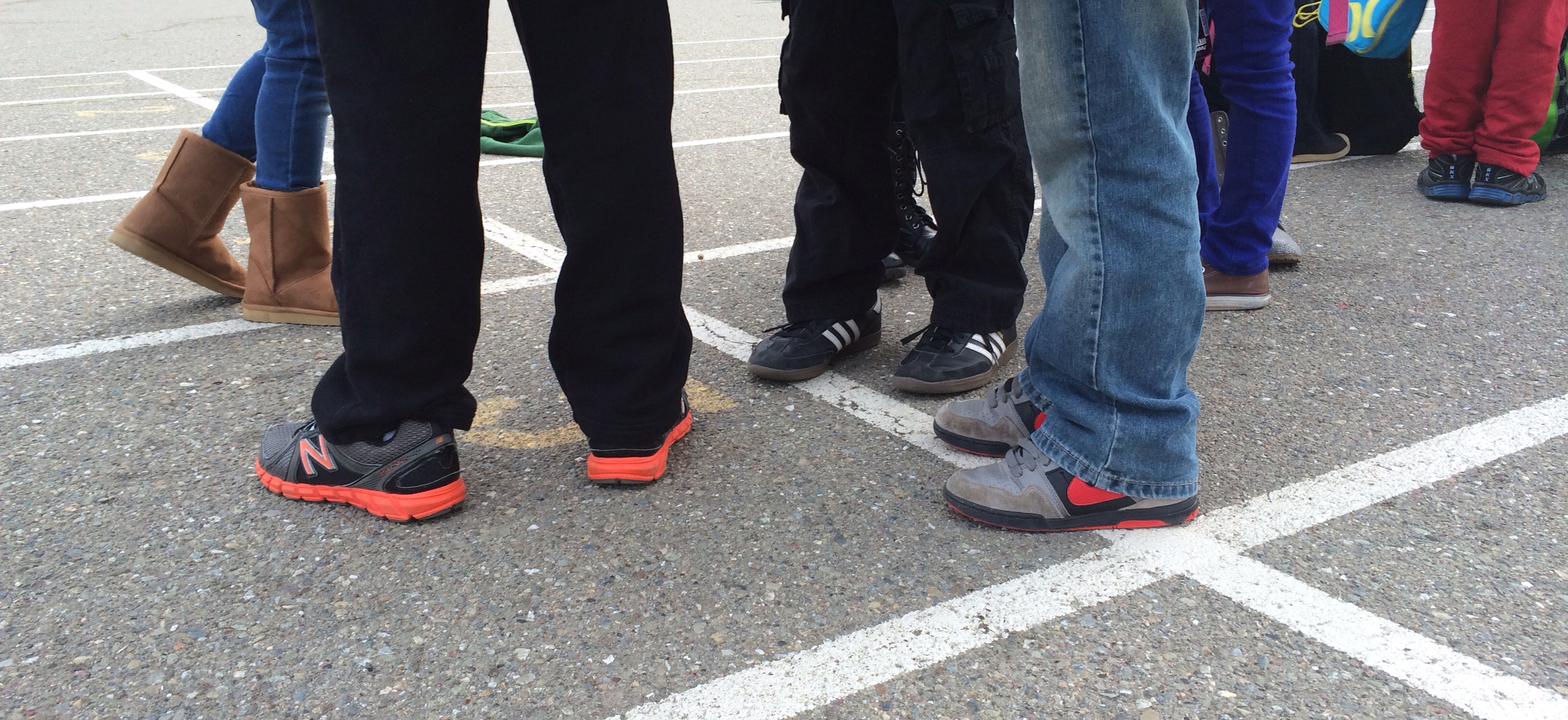mis·trust
[misˈtrəst]
verb
1.
be suspicious of; have no confidence in.
I’ve noticed the past years as a parent of elementary aged children the role that trust and mistrust play in our education and relational lives. We assume the worst in each other, or of other’s children, and act accordingly. Rather than trying to really communicate with each other we jump to solutions of litigation, threatened lawsuits and passive-agressive relational rejection. It seems to be from mistrust in the intuitions, objectives and priorites of others. Now this isn’t anything new, and yet it is. Increasingly in school settings I see it in regards to how teachers work with children, how teachers interact with parents and how parents interact with each other.
This was most recently made poignantly clear when I discovered a 5 minute voicemail rant on my phone upon arriving home. The call was from the parent of a child known by my child. The message began normally, then quickly shifted to slightly aggressive, then borderline threatening. The point of the whole conversation was the shame that I should be consumed by because of the horrible esteem-destroying way that might child talks and relates to other children. The assumption driving the hyper-speeded explosion of vitriol was that this person’s child could be trusted, would never do anything wrong or say anything hurtful, whereas my child – and by extension – me – could only be mistrusted, as we obviously have a psychopathic tendency to destructive words, alienating actions and just plain meanness. For me, there are two curious points all of this was one, that it was left in a voicemail, as opposed to a face-to-face conversation, or even one on the phone. And two, the foundational assumption in this triad was that this person’s child, under the age of 10, could never, would never, could not never ever possibly lie, say an un-truth, let alone exaggerate, or possibly only tell half of the story so as not to get into trouble. This supreme elevation of a child’s opinion, led to a subsequent mistrust of everyone else, and to a rapid abandon to a jihadic firestorm based upon one opinion deemed to be inerant gospel.
Repeatedly in the school system of our city I’ve encountered mistrust as the underlying and driving force for decision-making, conflict avoidance, and relational impasses. I’ve seen it happen between teachers and parents, faculty and administration, PTA member and other members, parents and other parents (via their children). Rather than beginning from a point of inherit trust in one another, fear, suspicion and blame erupt from a nearly constant relational start line of mistrust. Parents mistrust a teacher based upon stories heard from other families, or from their children. Teachers mistrust parents because they’re not teachers. Citizens mistrust school board members because they don’t personally know them. Teacher unions mistrust anyone who proposes something that could be deemed critical to or of teaching professionals. Parents mistrust each other, because they base their opinion upon the truthiness of their young children (who are learning how to be in relationship and to communicate).
It seems that in our education system – at least in the public and private ones I’ve seen here in Oakland as a parent, pastor and active citizen – that our system is now based on mistrust, whereby action happens through litigation and threats, rather than discussion, observation, examination and healthy confrontation. And all this is happening as we battle across state and district lines about the efficacy of the policy of No Child Left Behind, and debate the possibility of Common Core Standards, seeking to best educate our children for the future and to navigate in our culture, while we simultaneously teach them through our examples and even our active parenting to mistrust everyone else, and to fight through litigation and threatened lawsuits not for what they think is right in the bigger picture, but for what they personally deserve. We expend a lot of energy in trying to reduce and eliminate bullying on our playgrounds and classrooms, yet we teach the praxis of mistrust through our bully pulpits and ultimatums at school board meetings, parent-teacher conferences, in the hallways and through mass yahoo group emails.
